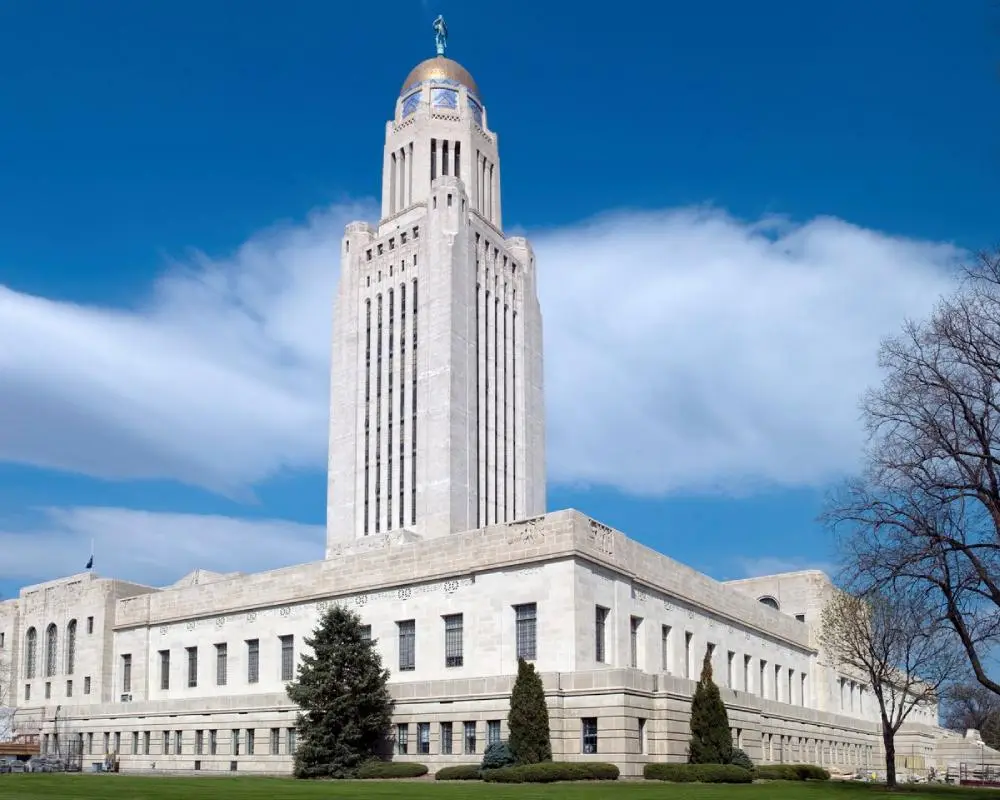 Feb
18
Feb
18
- Meeting
 Feb
18
Feb
18
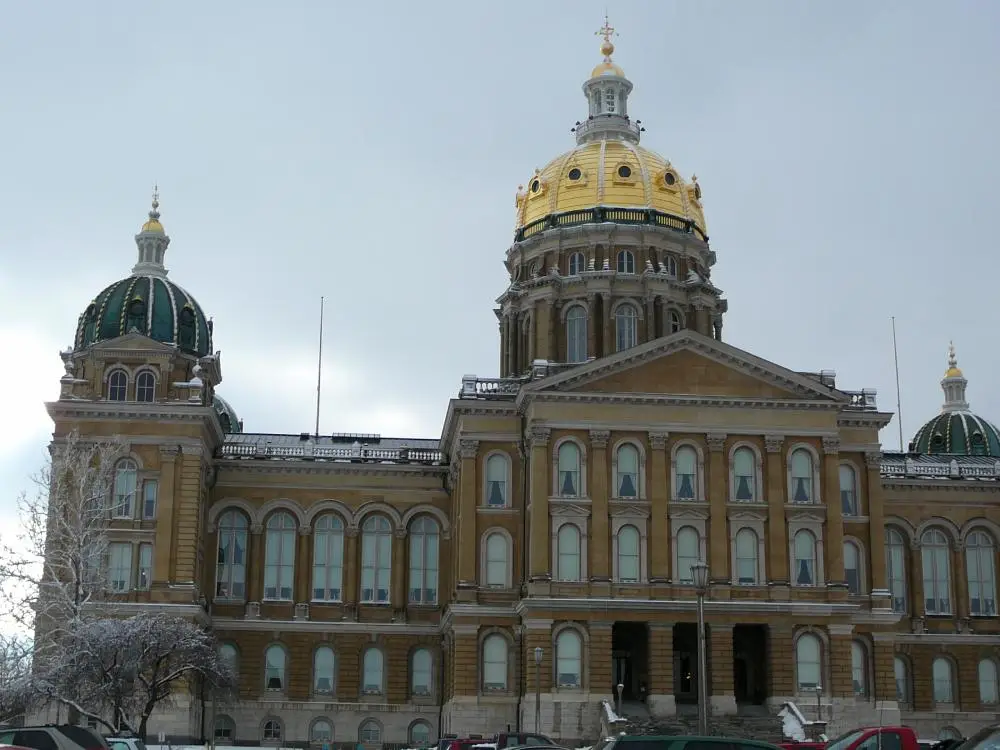 Feb
24
Feb
24
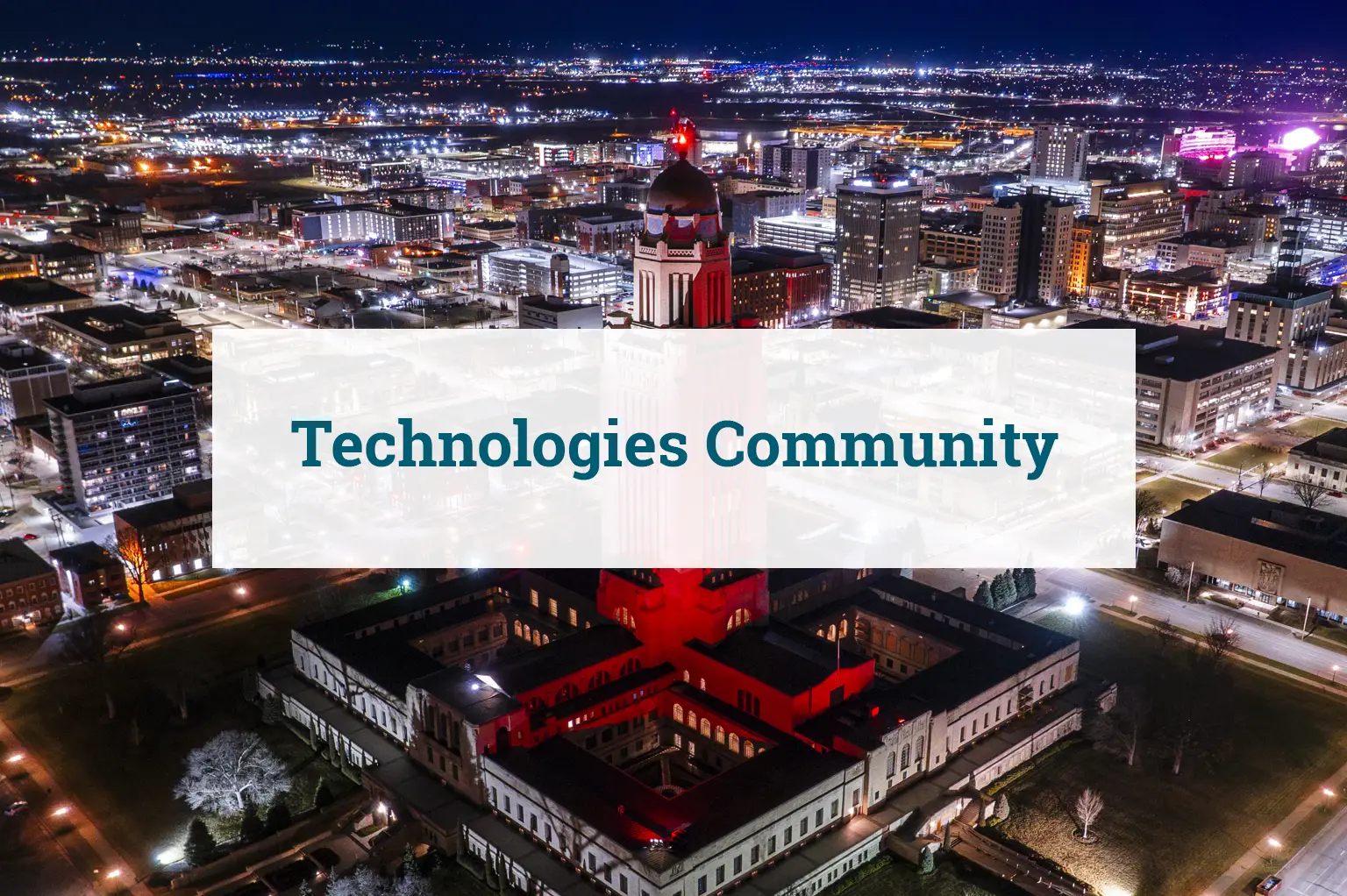 Feb
25
Feb
25
 Feb
26
Feb
26
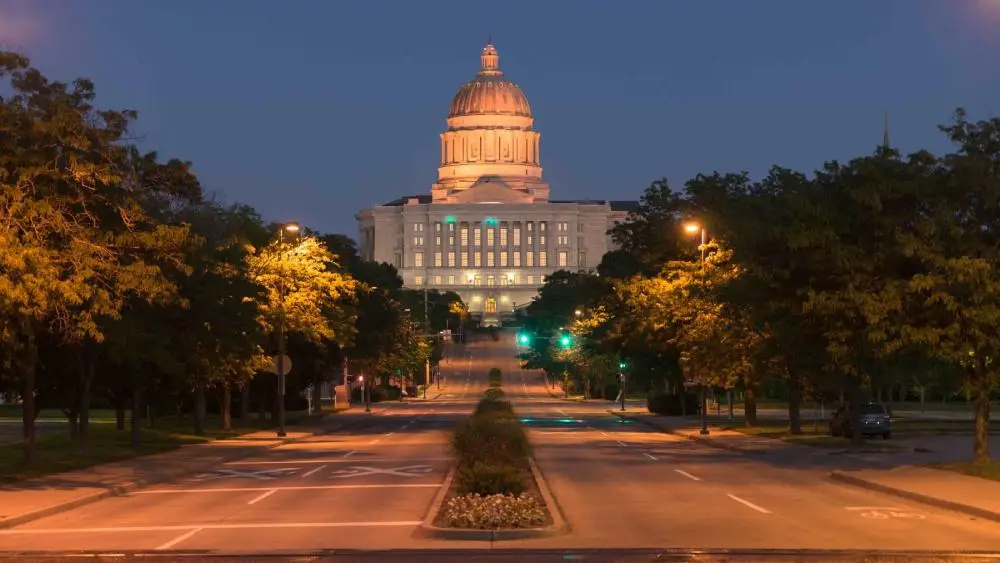 Mar
02
Mar
02
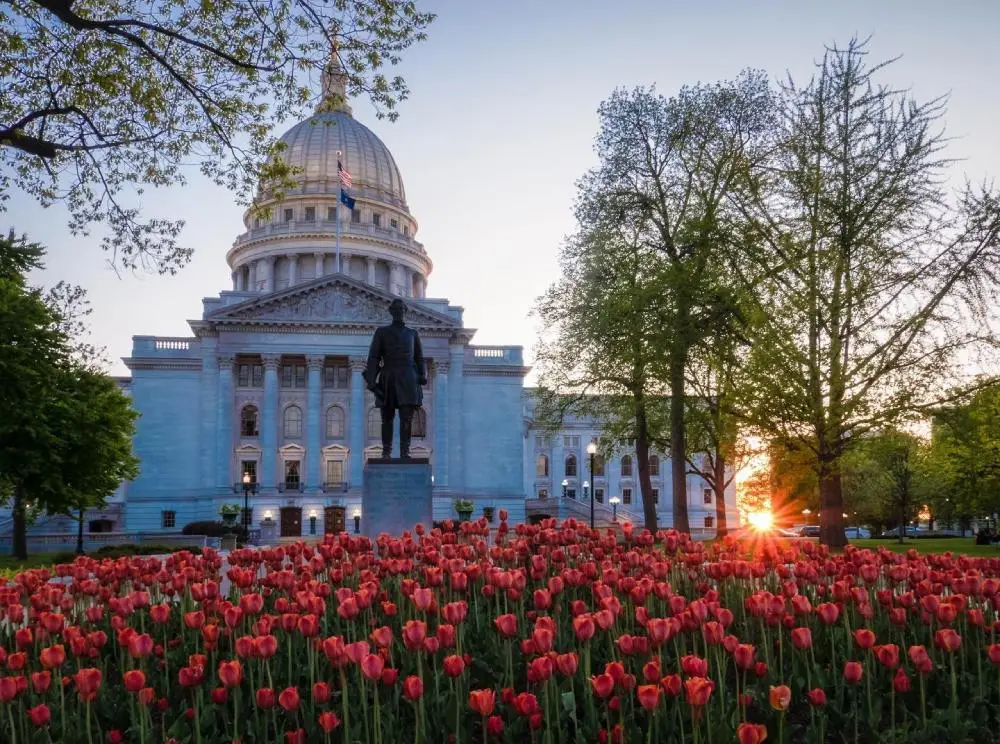 Mar
18
Mar
18
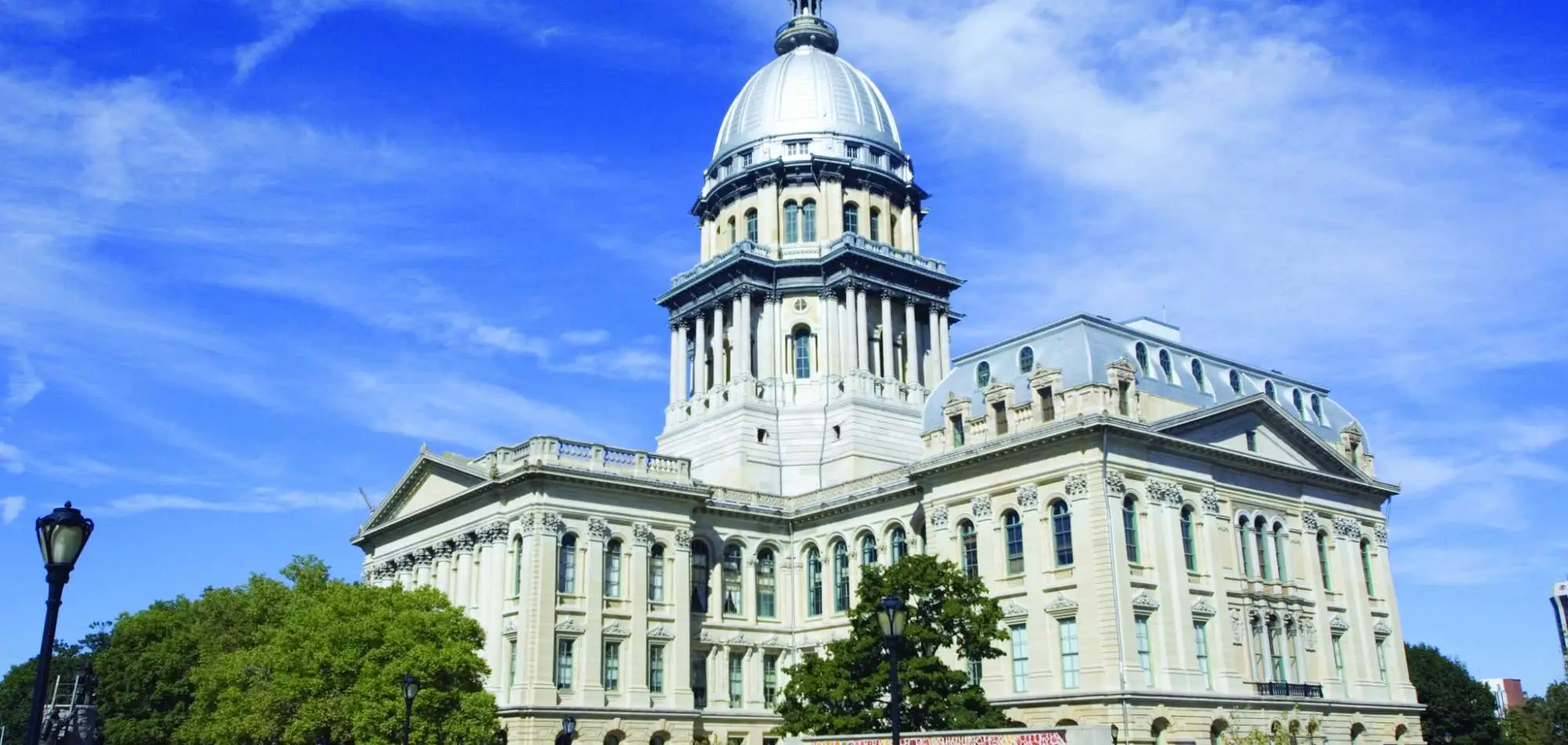 Mar
24
Mar
24
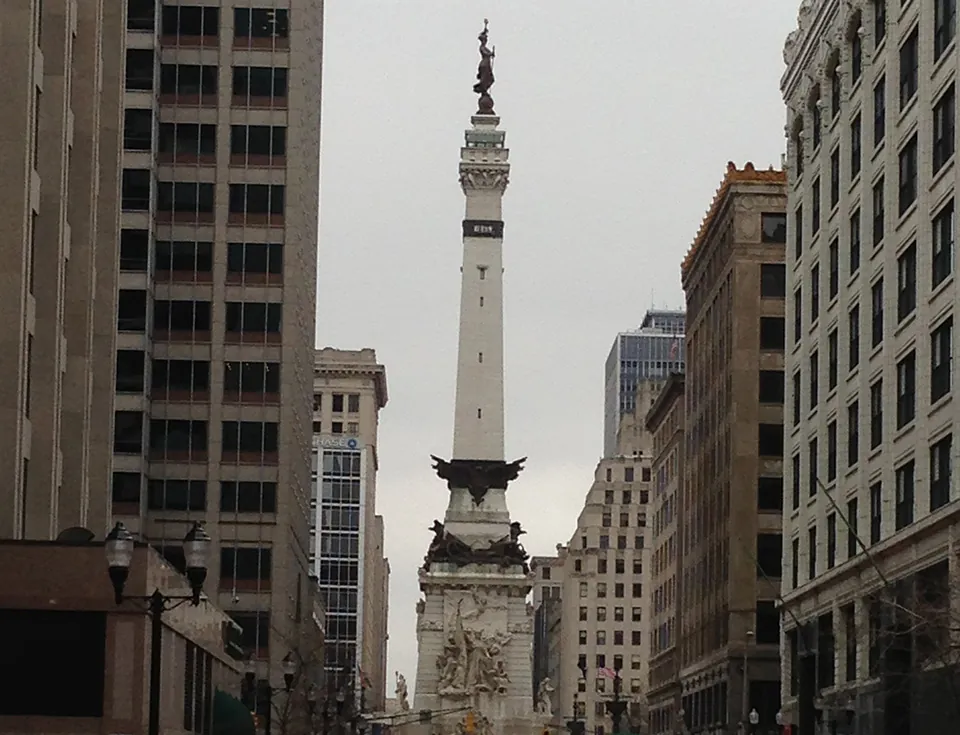 Jun
08
Jun
08
 Jun
09
Jun
09
 Nov
16
Nov
16